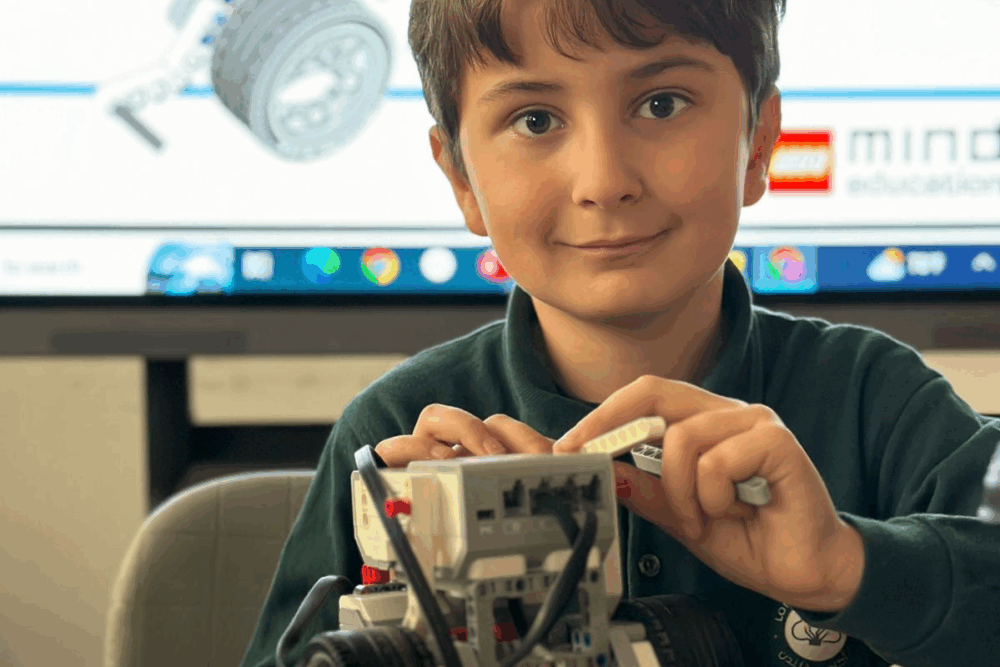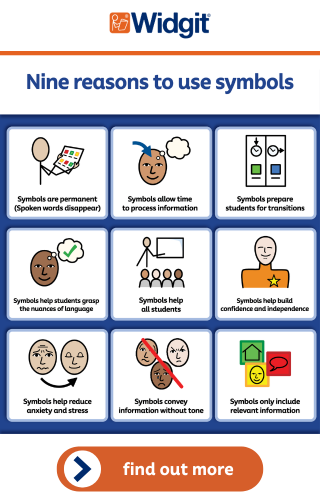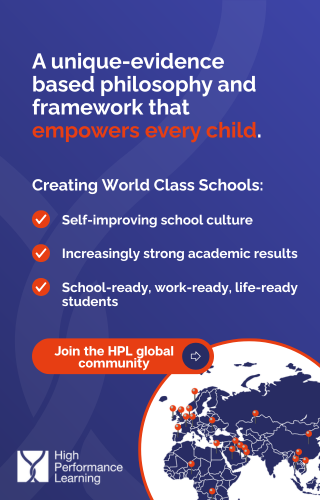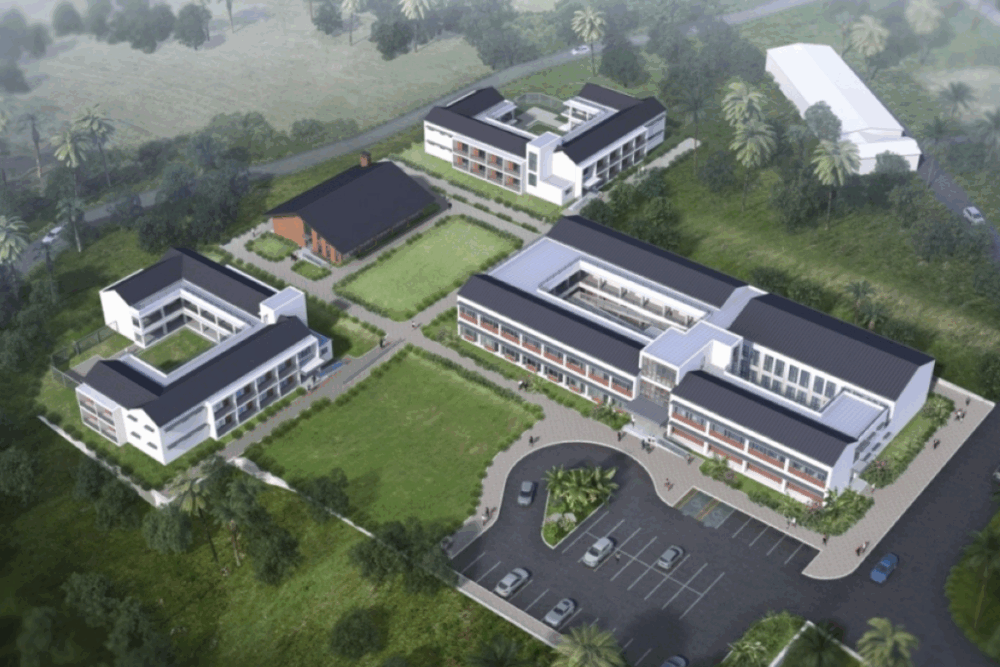A System Ready for Change
Gen Z in Africa was born into a connected world. They have grown up with smartphones, social media, Google and YouTube at their fingertips. Yet, the education system that serves them remains much the same as that which taught their parents and grandparents: classrooms with desks and chairs, blackboards, and teachers relying on outdated materials.
Although governments have worked to democratise education, fewer than 20% of students who begin school complete high school, and less than 25% of those who do graduate go on to university. This means that only around five in every hundred students earn a degree. While education receives a large share of national budgets, most spending goes towards building schools and paying salaries rather than fostering innovation or preparing young Africans for 21st-century careers.
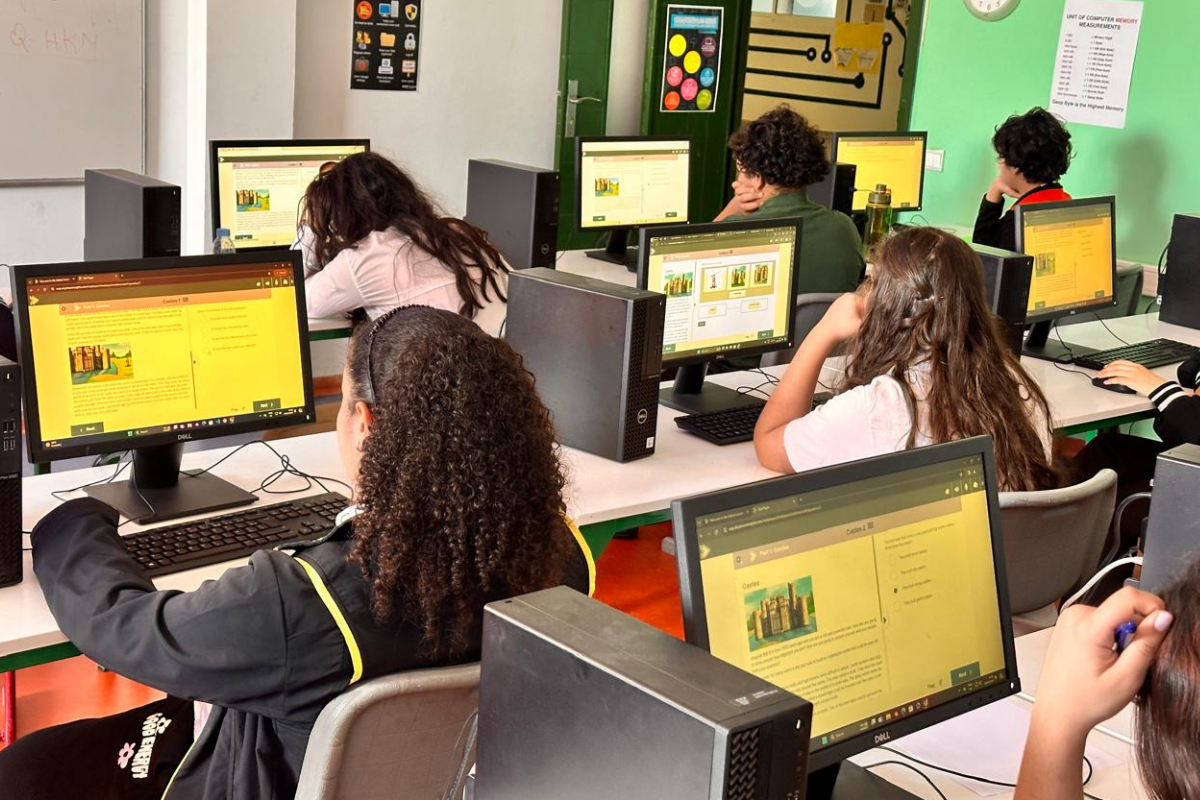
Re-inventing Learning Through Technology
After more than 25 years in the technology sector, including serving as a General Manager at Microsoft, I witnessed first-hand the hesitation to integrate technology into education. Many teachers fear losing their authority as students gain access to alternative sources of knowledge. In addition, educational technology remains fragmented, with few comprehensive frameworks to guide implementation. Needless to say, I faced several challenges:
- Resistance to technology: Teachers often feel that digital tools diminish their authority and make students more likely to question them.
- Lack of structure: Educational technology remains scattered, with no clear blueprint for creating a seamless and effective learning experience.
- Outdated assessment methods: Knowledge is still measured by memory-based, closed-book exams that fail to assess real understanding.
- Content limitations: Curricula are repetitive, information-heavy, and lack experiential or skills-based learning opportunities.
- Job market mismatch: Students are still being prepared for 20th-century roles rather than entrepreneurial, innovation-driven careers.
- AI awareness gap: The rapid rise of artificial intelligence has caught many government education leaders by surprise, revealing how outdated current systems have become.
A Call for Transformation
The key question is whether African governments should continue following traditional models of education or seize this moment to reimagine learning for a new generation. By harnessing the power of artificial intelligence, cloud computing, and affordable digital tools, Africa has the opportunity to leap ahead and equip students with the skills and knowledge needed for 21st-century careers.

For the past eight years, I have been committed to this mission. Through my two schools, I challenge my team every day to teach in ways that reflect how students want to learn, not simply how teaching has always been done. Education must evolve from routine instruction to meaningful engagement that inspires curiosity and independence.
We need to:
- Teach students life skills that prepare them for the future, not the past.
- Empower them through modern technologies and innovative teaching methods.
- Encourage creativity, critical thinking, and problem-solving.
- Inspire entrepreneurship rather than dependency on traditional employment.
- Help students become producers of technology, not just consumers.
- Foster autonomy by teaching them how to learn, not just what to learn.
This is what drives me every day. Education is my passion, and my goal is to make my schools a living example of what is possible – a learning ground for those dedicated to preparing a new generation of future-ready leaders.

By Dr Samir Benmakhlouf, Founder and CEO, London Academy Casablanca and Rabat

